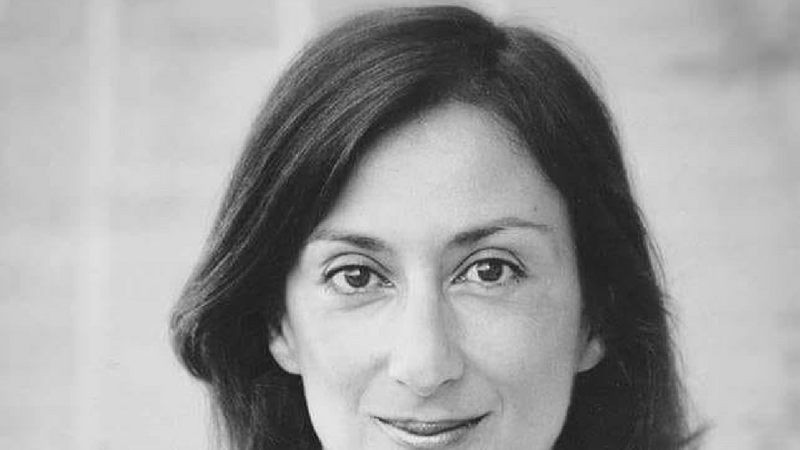The most significant aspect of the government’s reply to the legal opinion for a public inquiry issued by lawyers representing the family of assassinated journalist Daphne Caruana Galizia is the fact that the government did not express its willingness to do so.
The government, through the Attorney General, gave its “first reaction” to the letter sent to the Maltese High Commission in London on 9 August by British legal firm Bhatt Murphy, which listed shortcomings in the way the investigation of Caruana Galizia’s murder was being conducted. It said the Maltese government was in breach of the European Convention of Human Rights.
The government’s reply is nothing more than an attempt to buy time.
In line with the pattern we have seen from the government in its response to those critical of its behaviour, the statement stressed the government was “not the enemy of the Caruana Galizia family” while attempting to discredit the legal opinion by saying it contained “false allegations, baseless insinuations, and incorrect information”.
There was no effort to point out these allegations and insinuations. The public was just supposed to take the government’s word for it.
In stark contrast, the legal opinion submitted by Caruana Galizia’s lawyers is extremely detailed and statements are referenced, allowing verification.
In its reply, the government said the police force and the security services were dedicating “significant resources” to the murder case, but the government stopped short of committing to a public inquiry. Why?
‘We reserve the right to say something in more detail later,’ is essentially all the government said.
According to the lawyers, the narrow scope of the investigations raises eyebrows with regards to a potential breach of Article 2 of the European Convention of Human Rights: the right to life.
The legal opinion was prepared by Caoilfhionn Gallagher QC and Jonathan Price of Doughty St Chambers, together with Tony Murphy of Bhatt Murphy.
The family of slain journalist Daphne Caruana Galizia called for a full public inquiry into her death and have asked whether anything could have been done to prevent the assassination.
One of Caruana Galizia’s sons, Paul, told BBC chief international correspondent Lyce Doucet, “I hope the government will recognise we all have an interest in uncovering what really happened and in asking this crucial question, ‘could my mother’s life have been saved?’.”
“The Prime Minister of Malta has previously made a public promise that he would leave no stone unturned in relation to the investigation of my mother’s murder. Yet so far he has refused to establish a public inquiry to investigate whether her assassination could have been prevented, despite his legal obligation to do so,” Paul Caruana Galizia had said in a statement.
Murphy said Muscat had been given until 31 August to reply, and that if he refused to open a public inquiry, the family would commence legal proceedings in Malta and perhaps ultimately in the European Court of Human Rights in Strasbourg.
The public inquiry requested would look at ways of preventing further deaths, not just whether Caruana Galizia’s death could have been prevented. The ongoing criminal investigation and magisterial inquiry cannot cover that. They are neither tasked, nor equipped to do so.
The legal opinion by the lawyers of the Caruana Galizia family states: “Independent and effective examinations of possible State breaches of the protective obligation under Article 2 ECHR are of vital importance to bereaved families and to the wider public, given they are the mechanism for lessons to be learned and for changes to be made to prevent future deaths.
As identified by Lord Bingham in R (Amin) v. Secretary of State for the Home Department the purpose is: “to ensure so far as possible that the full facts are brought to light; that culpable and discreditable conduct is exposed and brought to public notice; that suspicion of deliberate wrongdoing (if unjustified) is allayed; that dangerous practices and procedures are rectified; and that those who have lost their relative may at least have the satisfaction of knowing that lessons learned from his death may save the lives of others.”
This is in everyone’s interest, but the government has shown no willingness to pursue these answers.













